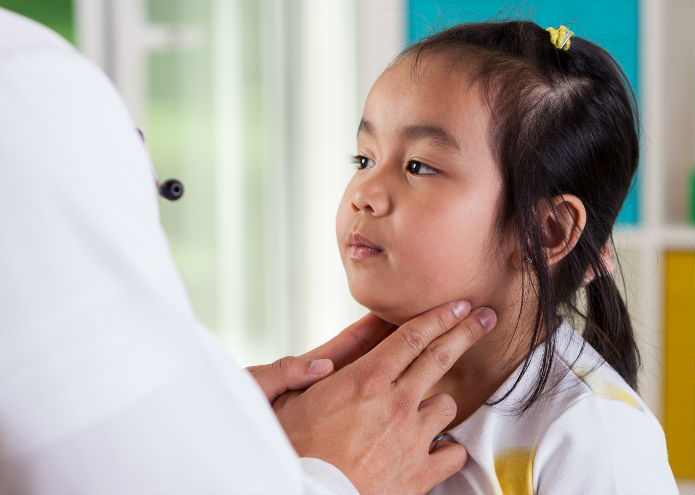Condition
Pediatric Obstructive Sleep Apnea
What You Need to Know
Obstructive sleep apnea is when a child briefly stops breathing while sleeping. It often occurs because of a blockage in the airway. The most common cause is large tonsils and adenoids in the upper airway.
Key Symptoms
Common symptoms of obstructive sleep apnea are:
- Loud snoring
- Noisy breathing while sleeping
- Irritability
- Sleepiness
- Hyperactivity during the day
Diagnosis
A sleep study is the best way to diagnose obstructive sleep apnea. During the sleep study the following will be monitored to help provide a diagnosis:
- Brain activity
- Electrical activity of the heart
- Oxygen and often carbon dioxide content in the blood
- Movement of the chest and abdominal wall
- Muscle activity
- Amount of air flowing through the nose and mouth
Treatment
The treatment for obstructive sleep apnea is based on the cause. It may include:
- Surgery
- Weight loss
- Continuous positive airway pressure (CPAP)
- Rapid maxillary expansion
- Inhaled steroids

Schedule an Appointment
Our pediatric specialists provide personalized care for your child’s physical, mental and emotional health needs. Meet the providers who treat obstructive sleep apnea and schedule an appointment today.


Frequently Asked Questions
What is obstructive sleep apnea?
What causes obstructive sleep apnea in children?
What are the symptoms of obstructive sleep apnea in children?
How is obstructive sleep apnea in children diagnosed?
How is obstructive sleep apnea in children treated?
What are possible complications of obstructive sleep apnea in children?
Departments that Treat Obstructive Sleep Apnea
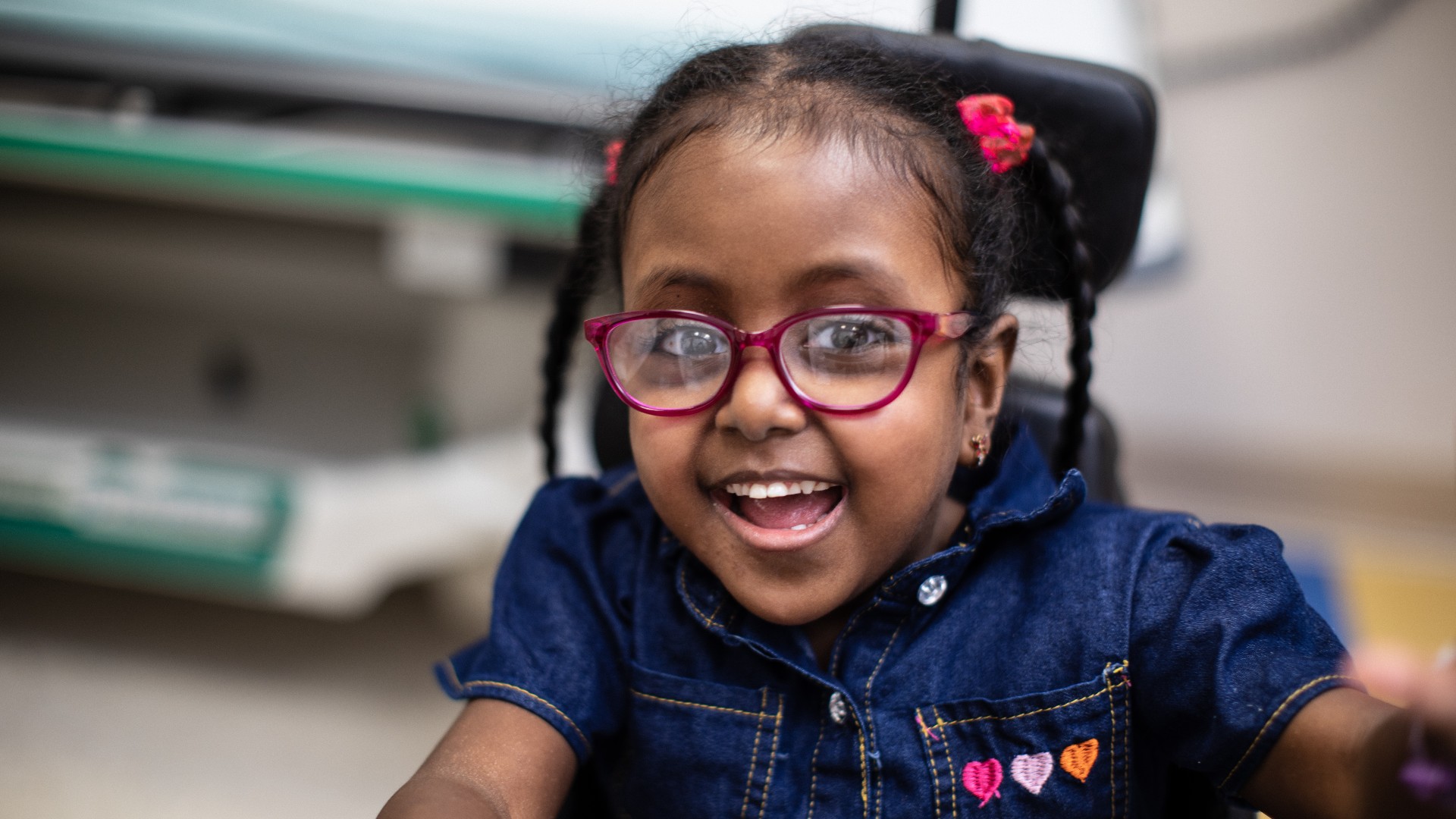
Pulmonary Medicine
Children's National is ranked as one of the best pediatric pulmonology and lung surgery hospitals in the country. Learn more about treatments for chronic and acute respiratory diseases such as cystic fibrosis and asthma.

Help Kids and Make a Difference
Invest in future cures to help children have brighter futures.






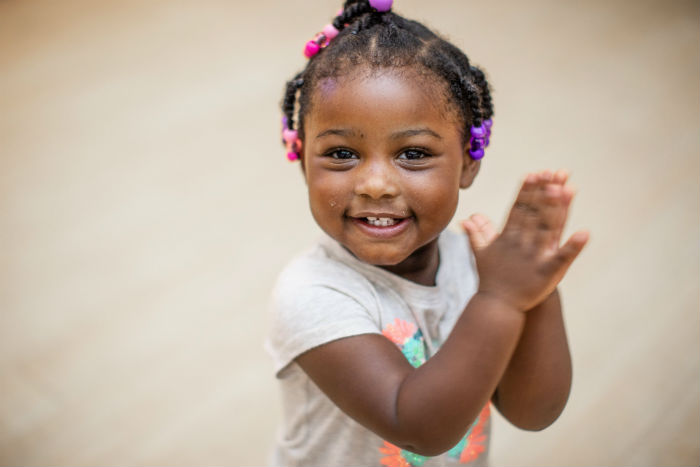


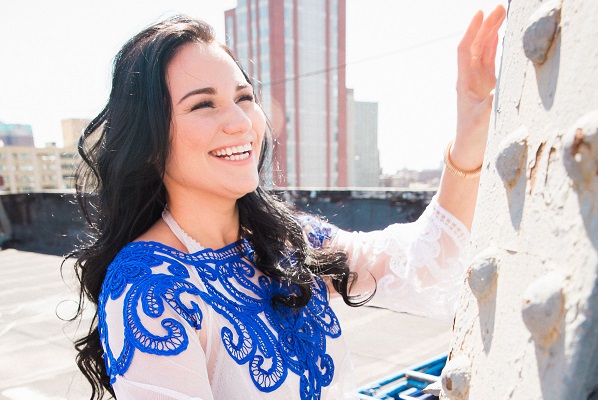
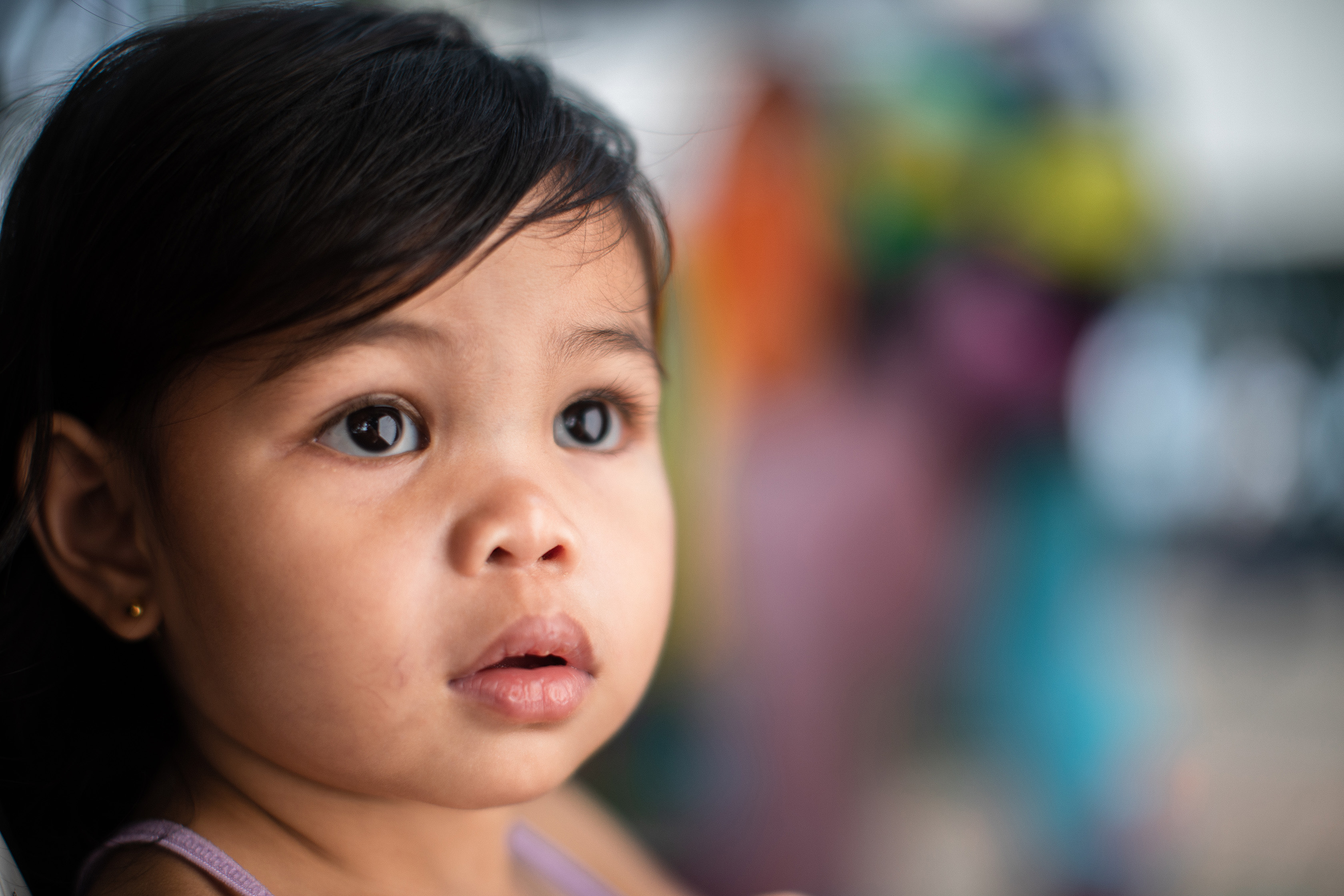
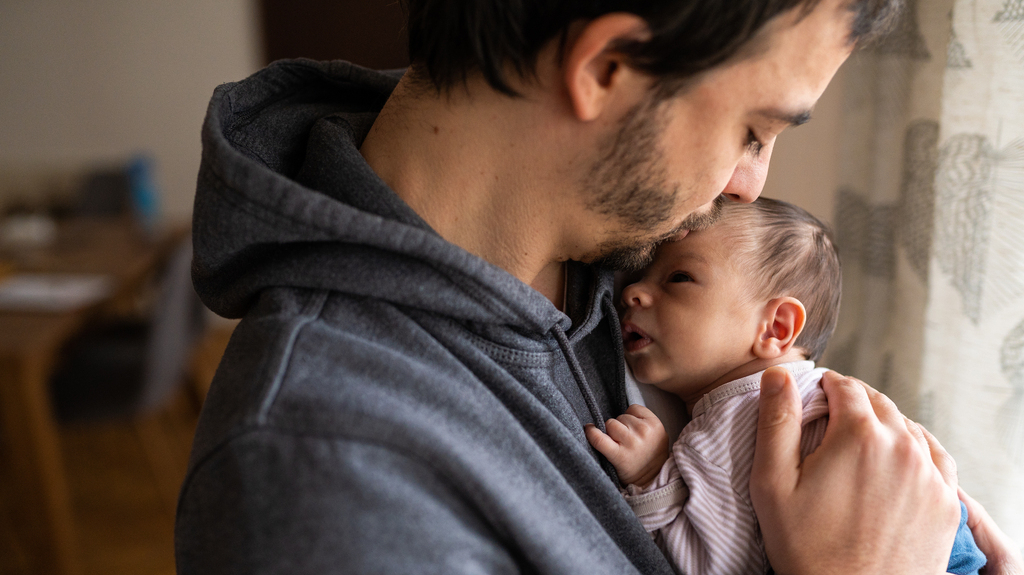
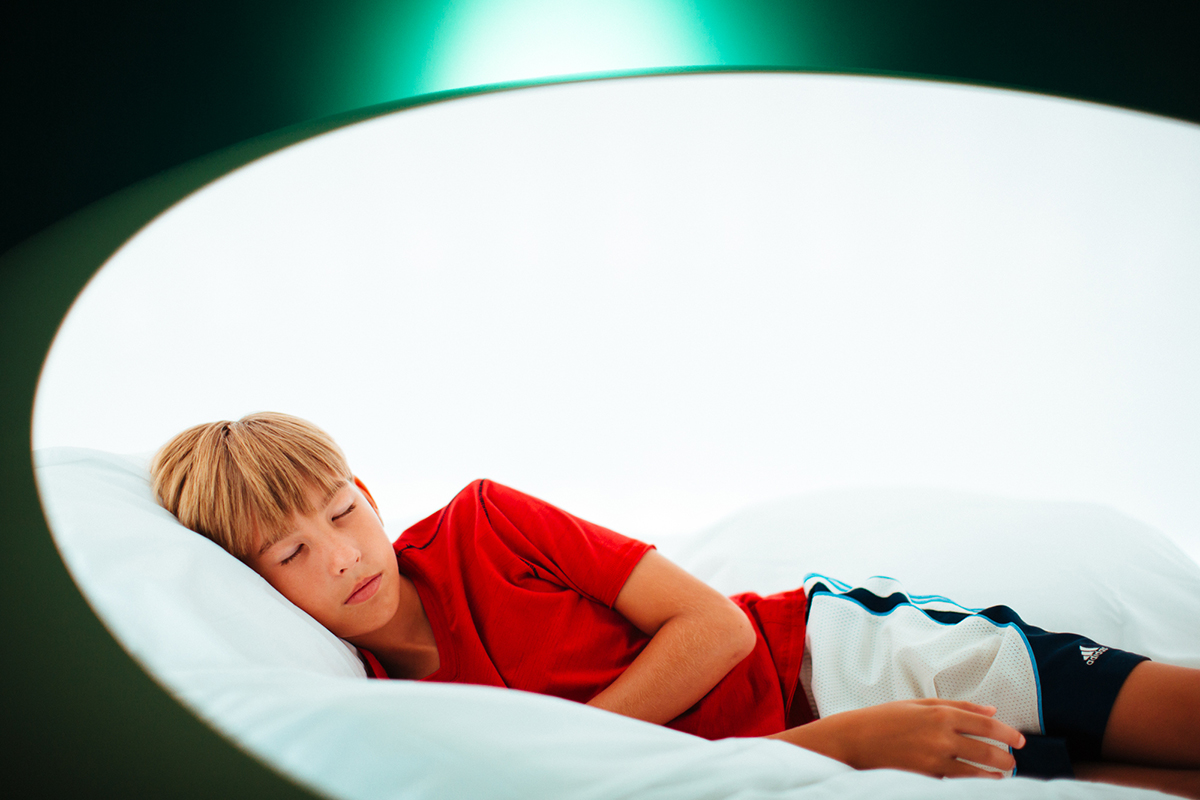
.jpg)
